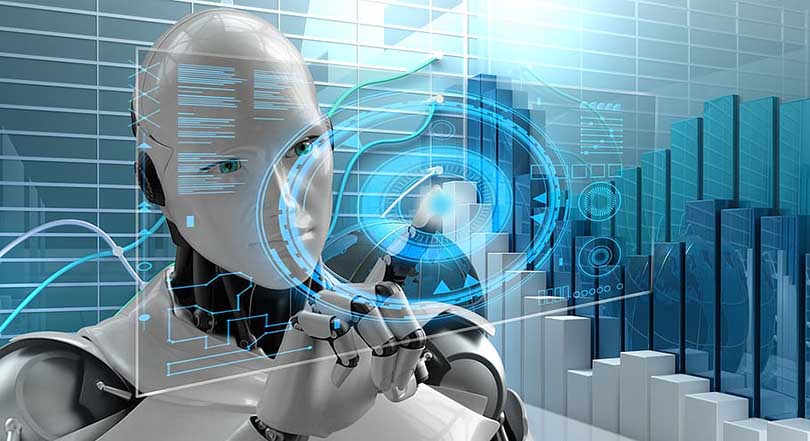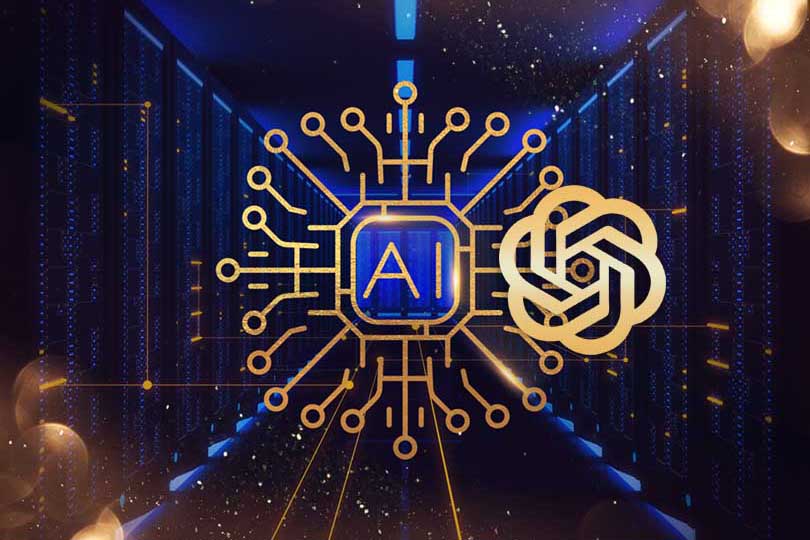Table of Contents
ToggleUnleashing the Potential of Artificial Personalities
In recent years, Artificial Intelligence (AI) has evolved rapidly, transforming various aspects of our lives. One fascinating area of AI development is Character AI, which focuses on creating virtual entities with unique personalities and traits, and represents a significant advancement in human-AI interactions, as it seeks to imbue AI entities with emotional intelligence and a sense of individuality. In this article, we delve into the world of Character AI, exploring its applications, challenges, and the potential it holds for reshaping our relationships with AI.

Understanding Character AI
Character AI goes beyond conventional AI systems that perform specific tasks. It aims to create virtual entities that can communicate, interact, and respond to human emotions and behavior in a more human-like manner. Character AI focuses on building personalities, enabling AI entities to develop unique traits and adapt their responses based on context.
The Rise of Virtual Personal Assistants
Virtual personal assistants, such as Siri, Alexa, and Google Assistant, have become an integral part of modern life. These AI-driven characters serve as companions, aiding users in daily tasks and providing instant information and assistance. Their popularity has laid the groundwork for the expansion of these AI in various domains.
Building Emotional Intelligence in AI
Emotional intelligence is a crucial aspect of human interactions, and Character AI aims to replicate this quality in AI entities. By teaching AI to understand emotions and respond empathetically, developers hope to create AI companions that can recognize human feelings and adapt their responses accordingly.
Character AI in Customer Service
One of the most promising applications of Character AI is in customer service. AI-driven virtual characters can offer personalized and engaging interactions with customers, enhancing the overall customer experience. These AI companions can gather data about customer preferences and history to provide tailored solutions and recommendations.
Entertainment and Gaming Applications
Character AI is also making its mark in the entertainment and gaming industries. In video games, AI-driven characters with unique personalities and behaviors enrich the gaming experience, creating dynamic and immersive worlds. Additionally, entertainment platforms use AI to develop virtual personalities that can engage with users, providing entertainment and companionship.
AI Companions and Their Impact
The concept of AI companions raises intriguing questions about the future of human relationships with technology. As AI becomes more advanced and lifelike, users may form emotional attachments to their AI companions, blurring the line between human and machine interactions. However, ethical concerns arise regarding the emotional impact on users and the potential for dependency on AI for emotional support.
The Future of Character AI
As technology continues to advance, Character AI is expected to become more sophisticated and nuanced. Developers are exploring ways to create AI characters capable of learning and evolving over time, further enhancing their emotional intelligence and responsiveness.
Ethical Considerations and Limitations
While Character AI presents exciting possibilities, ethical considerations are crucial. AI personalities must be designed to avoid perpetuating biases or causing harm. Striking a balance between creating lifelike AI companions and maintaining ethical boundaries is essential to ensure responsible AI development.
Societal Impact
As Character AI becomes more integrated into society, it may shape human behavior and social dynamics. Users may develop emotional connections with AI entities, altering social norms and relationships. It is essential to study the long-term impact of Character AI on human mental health and well-being.
Challenges and Risks
The widespread adoption of Character AI brings challenges and risks. Overreliance on AI companions may lead to decreased human-to-human interactions, impacting social skills and emotional connections. Additionally, safeguarding user data and privacy becomes critical as AI entities gather personal information.
Collaboration between Humans and Character AI
The future of Character AI lies in collaborative coexistence with humans. AI companions can play a role in personal growth and development, supporting users in various aspects of their lives. Striking a harmonious balance between human and AI interaction will be key to harnessing the full potential of Character AI.it
Conclusion
Character AI represents a new frontier in the realm of AI technology. As AI continues to evolve, developers and users must embrace the potential of Character AI while being mindful of its impact on society and individuals. The development of emotionally intelligent AI companions has the power to reshape human-AI interactions, opening doors to unprecedented possibilities in personal and professional spheres.
FAQs
Q: Can AI companions have real emotions?
A: AI companions do not experience emotions as humans do. However, they can be designed to recognize and respond to human emotions in a way that simulates empathy.
Q: Are AI companions programmed to be obedient?
A: AI companions are designed to be helpful and responsive, but their behavior is based on their programming and the data they gather. It is essential to establish clear boundaries and ethical guidelines in AI development to ensure responsible behavior.
Q: Can AI companions replace human relationships?
A: While AI companions can offer companionship and support, they cannot fully replace the depth and complexity of human relationships. They should complement human interactions rather than substitute them.



